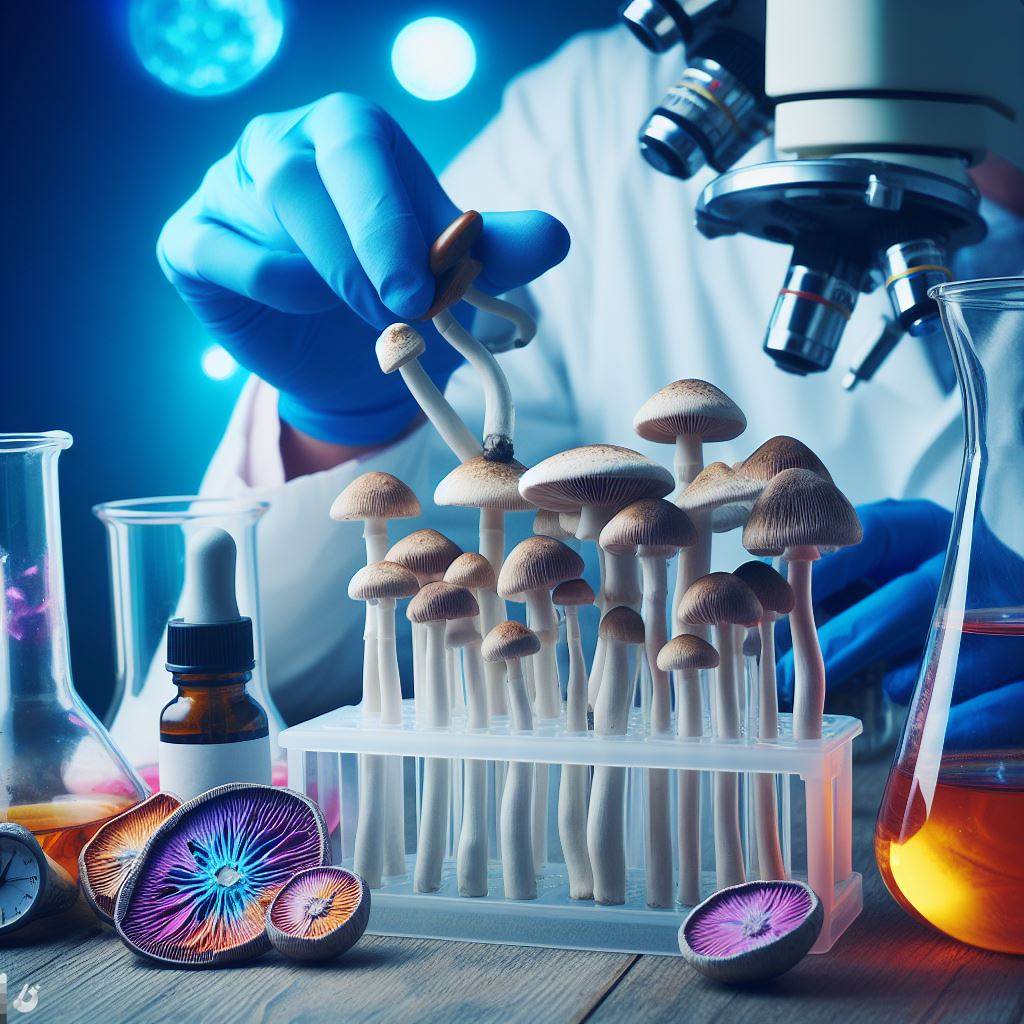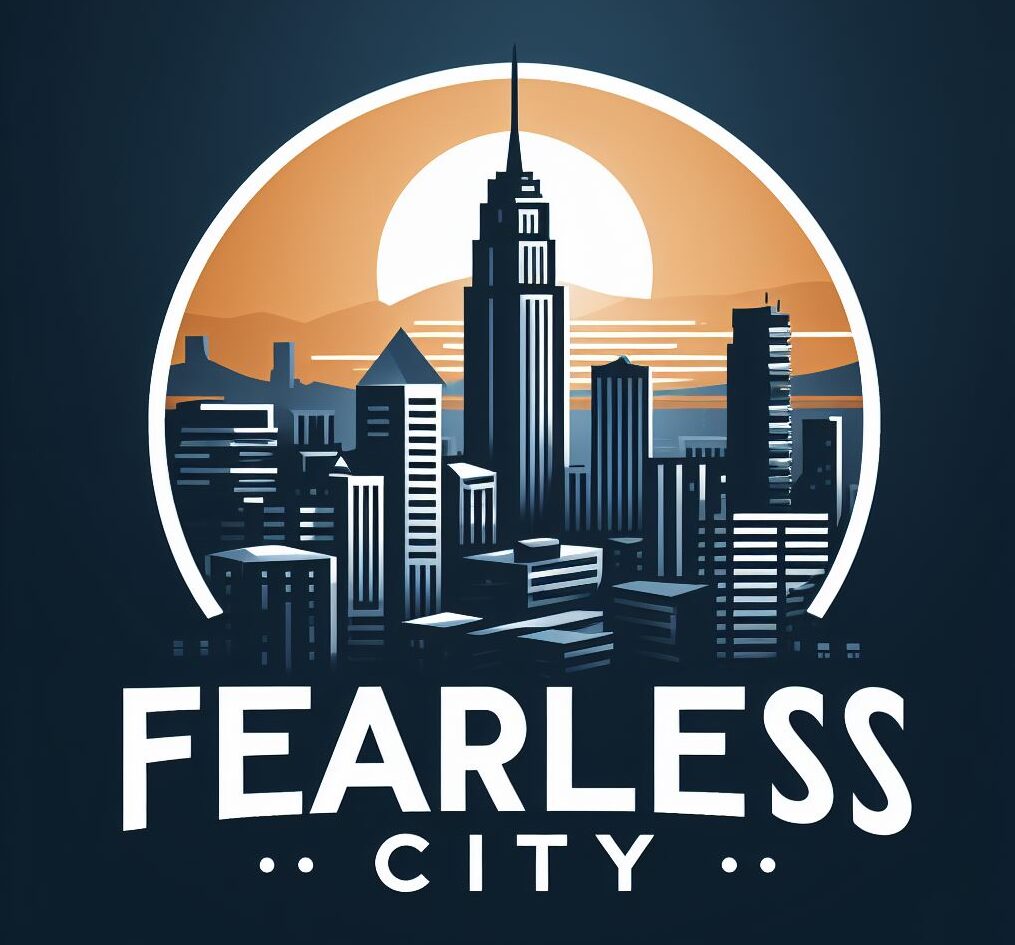The interest of magic mushrooms aka psilocybin mushrooms have been a thing since the 1900s. With the rise of popularity of using mushrooms as medicine for anxiety, depression, and PTSD, we are starting to see more clinical studies. For example, John Hopkins and University of British Columbia in Canada are researching the positive benefits of using this incredible mushroom.

See the examples of magic mushroom documentaries and books if you want to learn more about psilocybin mushrooms!
- Book: “How to Change Your Mind” by Michael Pollan (2018)
- Michael Pollan, a renowned author and journalist, explores the history, science, and potential therapeutic uses of psychedelics, including magic mushrooms, in his book “How to Change Your Mind.” The book delves into the resurgence of interest in psychedelics and their impact on consciousness and mental health.
- Movie: “Fantastic Fungi” (2019)
- “Fantastic Fungi” is a documentary film directed by Louie Schwartzberg. It explores the world of fungi, including magic mushrooms, and their significance in nature and human health. The film features interviews with experts and explores the potential benefits of mushrooms, both medicinally and environmentally.
- Documentary Series: “Hamilton’s Pharmacopeia” Season 2, Episode 6 (2017) – “Magic Mushrooms in Mexico”
- “Hamilton’s Pharmacopeia” is a documentary series that explores various psychoactive substances. In this specific episode, host Hamilton Morris travels to Mexico to investigate the traditional and cultural use of magic mushrooms. The episode provides insights into the history, rituals, and experiences surrounding magic mushrooms in Mexican indigenous communities.
With the hype of magic mushroom dispensaries opening up by the dozens in Vancouver, Toronto, and all over Canada, the demand of mushrooms is increasing. While recreational usage is still technically illegal, the grey-market sector is booming. In our opinion and from many others in the field, the police do not place magic mushrooms as low priority enforcement substances. This is the reason why we see so many mushroom dispensaries near you opening up.
Here are some examples of clinical studies of magic mushrooms done at univerisites and research institutes
- Johns Hopkins Psilocybin Research Project:
- The Johns Hopkins University has been at the forefront of psychedelic research. Studies conducted by the Johns Hopkins Psilocybin Research Project have explored the effects of psilocybin, the active compound in magic mushrooms, on various aspects of mental health. Research findings have indicated potential positive outcomes, including reduced anxiety and depression in cancer patients and mystical-type experiences with lasting positive effects.
- Imperial College London’s Psychedelic Research Group:
- Imperial College London’s Psychedelic Research Group, led by Dr. Robin Carhart-Harris, has conducted studies on psilocybin’s impact on brain function and its therapeutic potential. Their research has focused on conditions such as treatment-resistant depression, examining how psilocybin affects neural pathways and contributes to positive therapeutic outcomes.
- Usona Institute’s Psilocybin Clinical Trials:
- The Usona Institute is actively involved in clinical trials exploring the therapeutic potential of psilocybin. They have conducted studies examining the use of psilocybin-assisted therapy for depression, with promising results indicating a reduction in symptoms and an improvement in overall well-being. Usona’s research contributes to the growing body of evidence supporting the use of magic mushrooms in mental health treatments.
